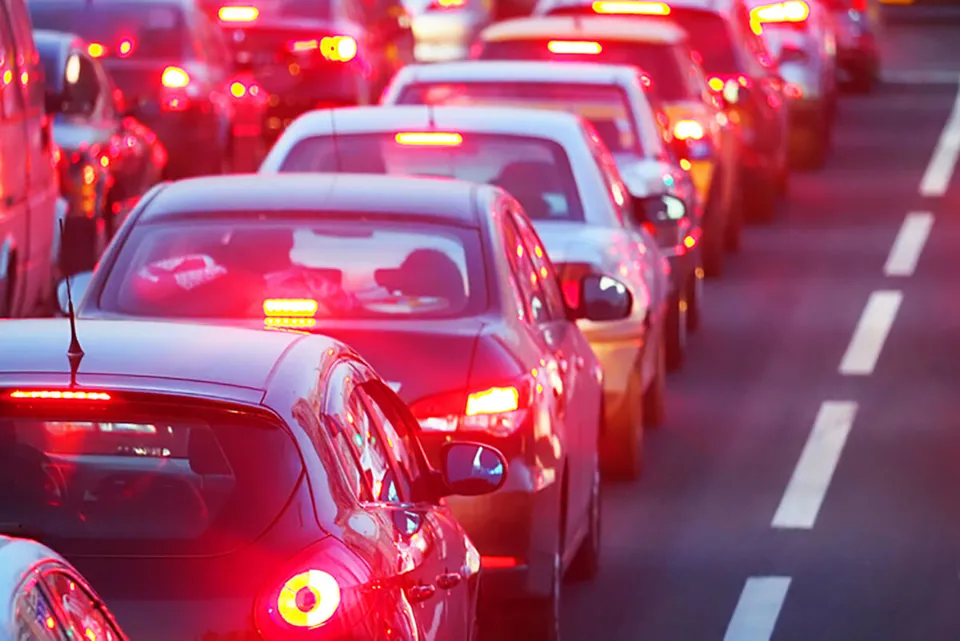The Government says it is still considering the merits of increasing the motorway speed limit from 70mph to 80mph, despite reports that a U-turn could be in the offing.
The idea was first mooted less than a year ago, when the former transport secretary Philip Hammond claimed the increase would be good for business.
However, Patrick McLoughlin, who assumed the top job at the Department for Transport (DfT) following the recent cabinet reshuffle, appears less than convinced.
He said what was important was that “we never lose sight about the issue of safety on our roads” and that safety was “paramount” to his thinking.
Meanwhile a DfT spokesman said it was currently working on an impact assessment of an 80mph speed limit on sections of the motorway network with variable speed limits and considering the criteria for where and under what conditions the 80mph speed limit might be applied.
“We aim to consult on this later in the year alongside the broader work on a roads strategy,” he said.
Driving at 80mph could use up to 20% more fuel than at 70mph, while the environmental impact from increased CO2 emissions make the benefits of a higher limit seem even less clear cut.
The Transport Committee’s report on Road Traffic Speed also found that higher speeds would do little to reduce journey times on congested motorways and an 80mph limit might well increase them, because it would create an uneven flow.
Malcolm Heymer, traffic management adviser for the Association of British Drivers (ABD), said: “A 70mph limit was introduced in 1965, when the top speed of an average car was about 85mph and few could cruise at speeds much above 70.
Today, an average car can cruise easily at 80mph or more. Consequently speeds have increased with about half of car drivers exceeding current limits.”
The ABD supports the use of the 85th percentile speed – that is the speed that 85% of drivers do not exceed as the basis of setting speed limits.
Heymer said: “There’s decades of evidence that this is the best way to set speed limits to achieve maximum compliance, smoother traffic flow, fewer conflicts between vehicles and hence fewer accidents.
“According to DfT figures, the current 85th percentile speed on Britain’s motorways is 79mph, so an 80mph speed limit would match that.”
But Julie Townsend, deputy chief executive of the road safety charity Brake, believes that an 80mph limit would cause more people to be killed and seriously injured on motorways.
She said: “We welcome Mr McLoughlin’s comments that his priority is the safety of road users and his acknowledgement that managing traffic speed is crucial in preventing needless deaths and injuries.
“We look forward to hearing more from the new transport ministers on how they will usher in a better era for safety on roads and help to counter the recent increase in casualties.”





















Andrew Tucker - 15/10/2012 19:40
The 70mph speed limit is now out of date and should be updated to 80mph, a very positive move for all. The trouble is, most change these days is in the negative and driven through by the left with its' attitude of proud contempt for common sense. Whatever the Victorians would think of modern England I do not know. If I was in power I'd quit the EU and transfer all governmental power back to the Monarchy and go around publicly ridiculing and mocking all the atheist, republican, europhile lefties who would otherwise have us licking the backsides of corrupt wastrels such as Angel Merkel.